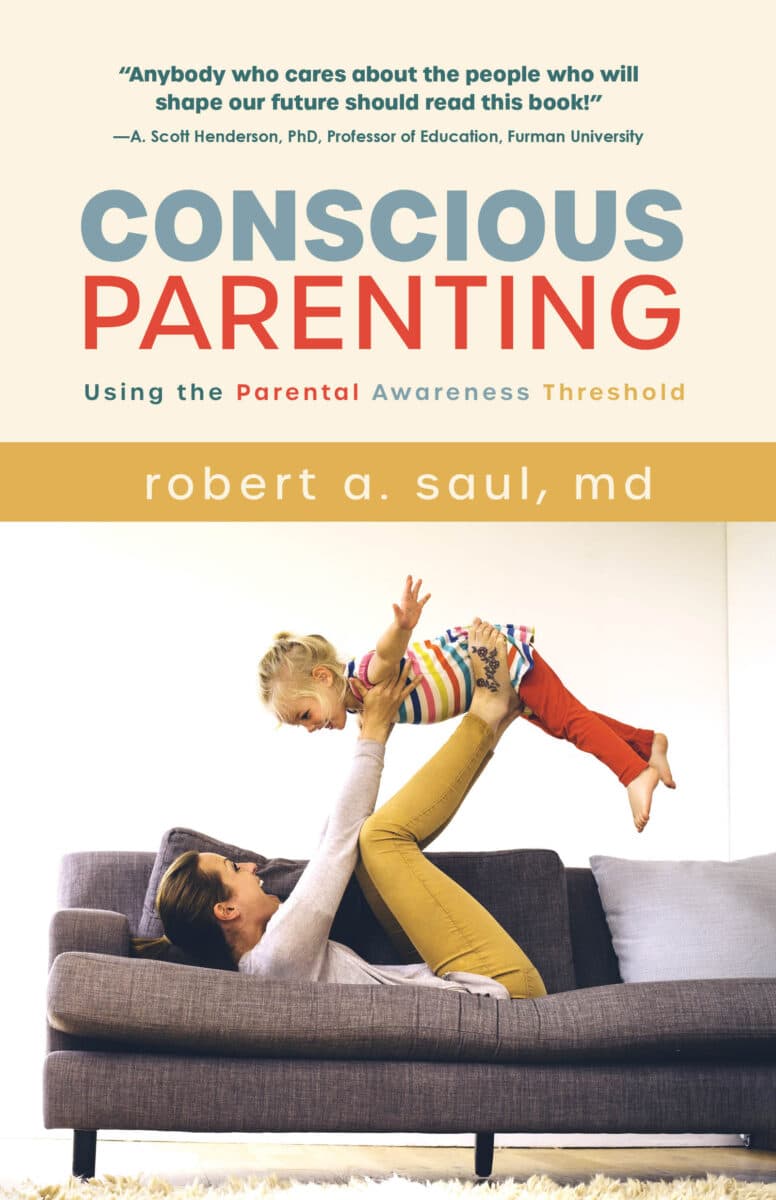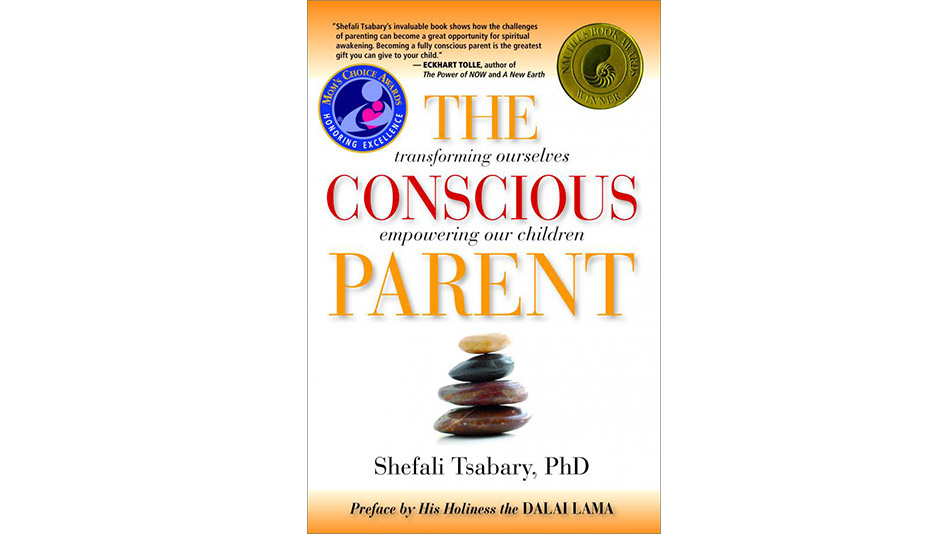


One last thing I didn't agree with (but that may be more to do with spiritual choice) was the idea of helping kids disassociate from their feelings and thoughts. And had done a little research on who the main audience of the book would be. And then given a third part with more general meditations, resources and possibly things like games to play with kids, activities, conversations, etc Then given a second part with lots of practical examples from all kinds of different parents (ages of kids, family type, etc.) and prompts on how use those situations (or how those parents used those situations) to reflect on their spiritual path and internal growth Given a first part, describing where the idea of this come from, the basics of mindfulness & stillness, the 'as is' world Stuck to the main idea of spiritual guidance through your own parenting journey I think I would have liked the book better if the author had:

It was also far too long, it seems that the main idea or goal of the book is to indeed see your child as a sort of spiritual compass, someone to show you where you can grow and to do so together (which I really like) but because it is a parenting book, it had to have some more discipline/stages of life chapters in it, but none of them are then complete (quite a few pages on infancy, then toddlerhood, then "school" 2 pages and then middle school, very short indeed.) I just found it alienating, depressing and also a little insulting how the author assumed the readers would be parents who know nothing of gentle parenting: I feel the people who read this book are more likely to already be in that camp, than to be of the more authoritarian or punitive parenting camp. She says you can absolutely turn this around, but compared to Markham's book (or How to talk to kids.), there is very little practical advice.

Then there are other examples of "difficulty connecting" and other vague terms/behaviours, which are connected to the parent not having been able to meet the emotional needs of the child when they were very small. However the example she gives of parents in trouble are often very extreme (verbal and sometimes physical abuse, at least that's how I view belittling, name-calling, and pushing kids around) and not at all relatable. The book is aimed more at parents of teens, so maybe I am blissfully unaware of the battleground that is teen parenting (my kids are 4 and 1). I would choose Peaceful Parent, Happy Kids (Laura Markham) over this book any day. Another book I wanted to love because of the glowing reviews & the premise of seeing your child and your parenting journey together with your child, as a spiritual guide.


 0 kommentar(er)
0 kommentar(er)
